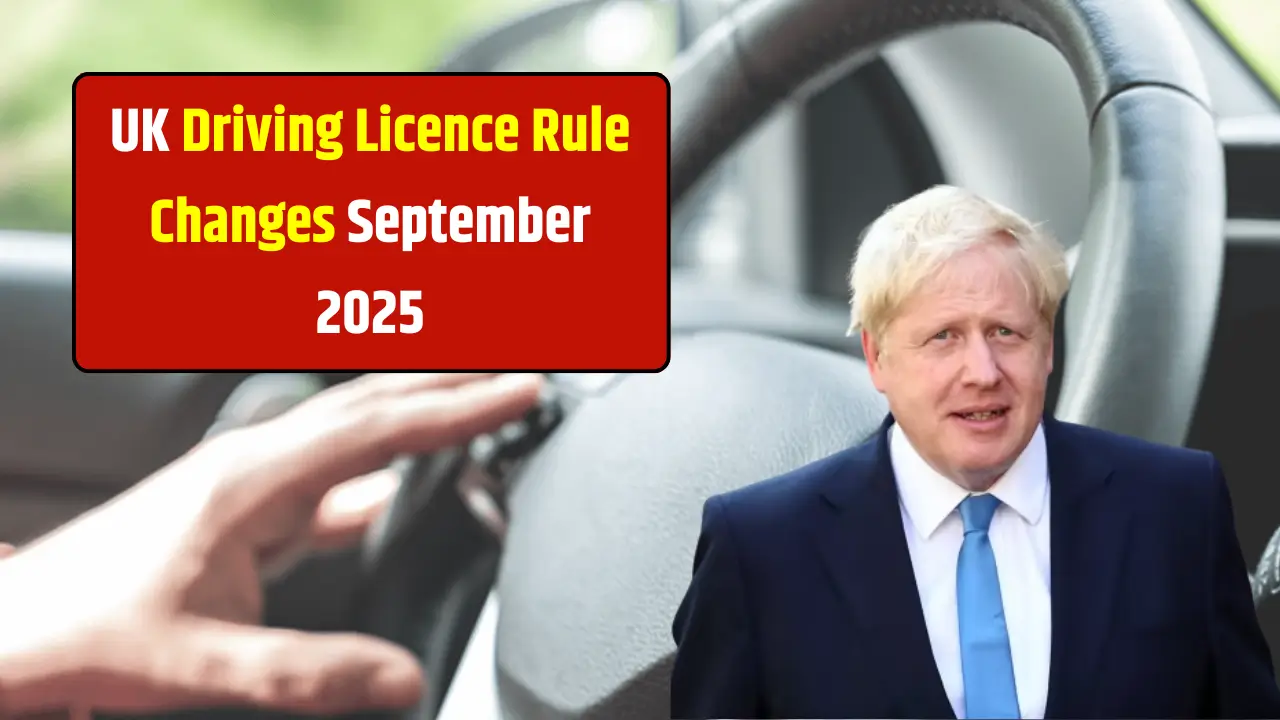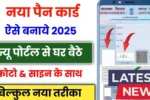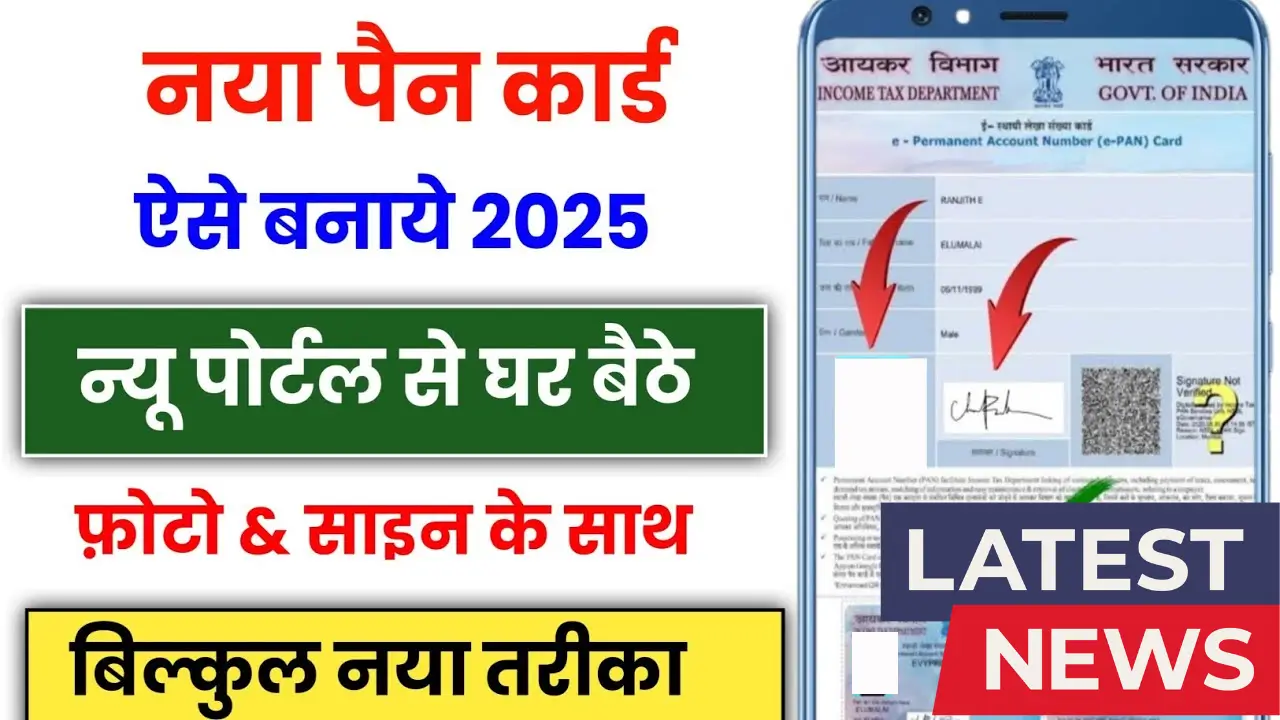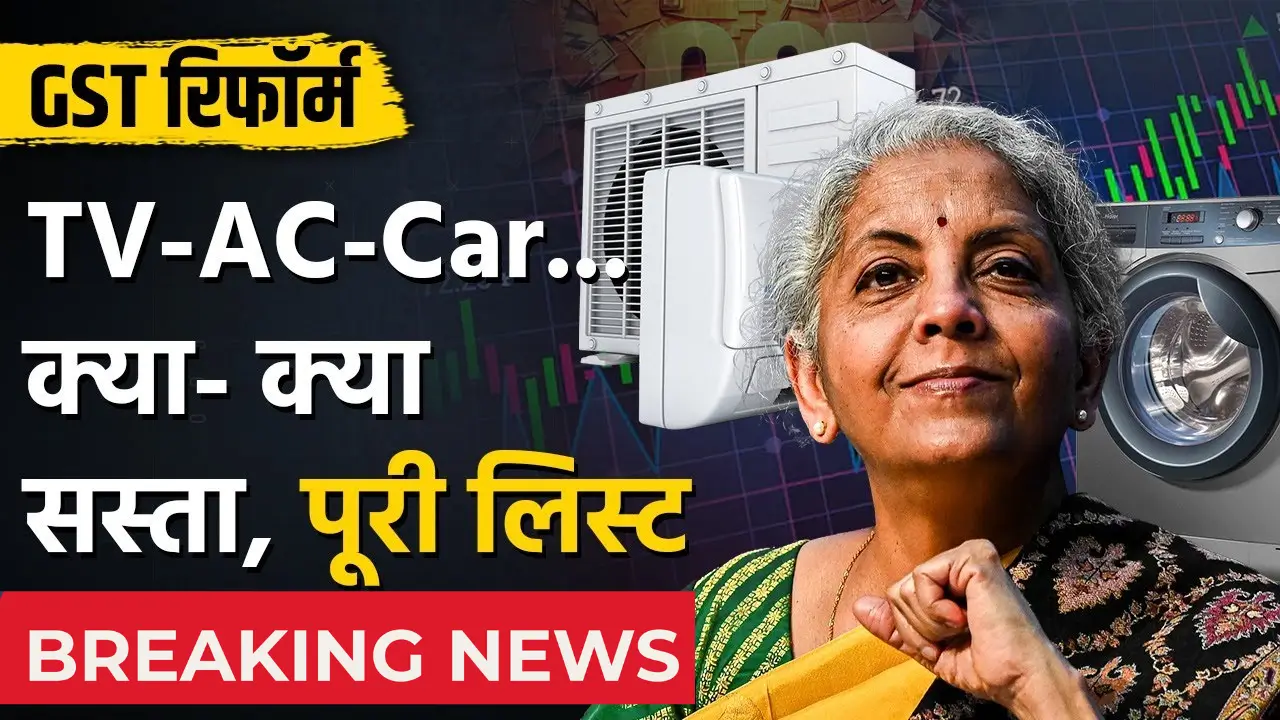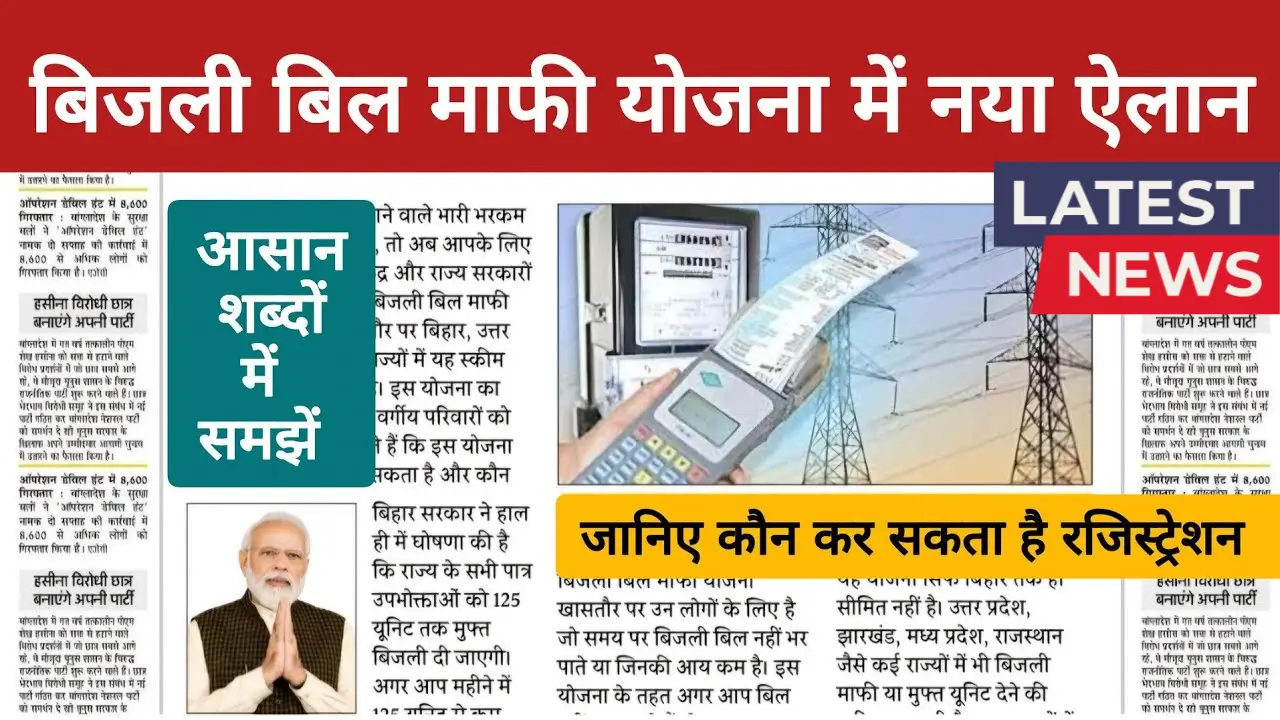UK Driving Rules Changes September 2025: The United Kingdom is introducing major updates to its driving licence regulations starting 1 September 2025, marking one of the most significant shake-ups for older motorists in decades.
These new rules are geared towards improving road safety, modernising the renewal process, and ensuring both independence and accountability for drivers aged 65 and over.
All UK drivers and their families need to understand these changes to stay compliant and maintain uninterrupted mobility.
Overview of September 2025 Driving Licence Rule Changes
The government has announced that, from September 2025, key changes will impact licence renewal procedures, medical and eyesight requirements, and the age threshold for regular assessments.
These measures are aimed at balancing safety and independence for senior drivers while ensuring insurers and authorities get timely health updates.
Lowering the Renewal Age: 70 to 65
Up until now, UK drivers have been required to renew their licences at 70, and then every three years.
Beginning 1 September 2025, that renewal threshold will lower to 65, bringing millions of additional drivers into the updated regulatory net. Every driver aged 65 and older will need to renew their driving licence every three years thereafter.
This move seeks to catch potential safety issues relating to vision, health, and cognition earlier, as more Britons remain active behind the wheel well into their seventies and eighties.
New Medical and Eyesight Requirements
A cornerstone of the reform is the expansion of compulsory medical and eyesight checks. Applicants aged 65 and over will need to:
- Provide a medical self-declaration confirming their fitness to drive.
- Submit recent proof of eyesight standards if requested by the DVLA.
- Undergo regular eye examinations and, if necessary, supply an optician’s report detailing their vision.
Common Medical Areas Monitored
Medical self-declarations will typically address:
- Vision conditions (cataracts, glaucoma, macular degeneration)
- Cardiac conditions (arrhythmias, pacemakers, angina)
- Neurological history (epilepsy, strokes, dementia)
- Diabetes management, especially if insulin-treated
- Potentially impairing psychiatric or sleep conditions
- Musculoskeletal health affecting vehicle control
Failure to honestly disclose notifiable conditions could lead to heavy fines, licence suspension, and invalidation of car insurance.
Practical Renewal Timeline and Steps
To help drivers avoid penalties and gaps in coverage, authorities recommend a structured renewal approach:
| Timeline | Action Required |
| 8 weeks before expiry | Book an annual eye test, request GP/optician summary |
| 4 weeks before expiry | Initiate DVLA online renewal, complete medical declaration |
| 2 weeks before expiry | Check for DVLA updates, respond to requests promptly |
| Licence expiry date | Keep confirmation of renewal and DVLA correspondence in your vehicle |
Renewals can be completed either online or by post, with support available for those less comfortable with digital systems.
Penalties for Non-Compliance
Drivers are legally responsible for ensuring they renew their licence punctually and declare notifiable health conditions. Penalties include:
- Fines of up to £1,000 for driving with an expired or invalid licence
- Licence suspension and potential prosecution
- Denied insurance claims for road accidents if out-of-date or misdeclared licences are involved
How Do Rule Changes Affect Insurance?
Insurers will update risk profiles based on drivers’ compliance with the new health and vision standards. Passing assessments and maintaining a clean health record can even help lower insurance premiums, while undisclosed medical issues or poor compliance could lead to increased rates.
Older motorists should review policies regularly and consider telematics or refresher courses for possible discounts.
No Automatic Driving Test at 65 or 70
A common misconception is that these reforms mandate a new driving test upon reaching 65. In reality, there is no automatic road test at renewal.
The main requirement is regular medical and vision declaration, with further scrutiny or road tests only if the DVLA identifies a specific concern.
Public Response and Social Implications
Supporters of the new rules highlight enhanced road safety, citing an uptick in accidents involving older drivers and the importance of proactive health checks.
Critics caution that the digital renewal process could disadvantage the technologically inexperienced or those with limited access to online resources, stressing the need for robust in-person support.
The reforms have also spurred discussion about fairness and independence, challenging policymakers to maintain an inclusive, effective system.
DVLA Modernisation: Online, Post, and Support Services
To process the surge in renewals prompted by the rule changes, the DVLA is modernising its systems:
- Secure online submission portals for medical forms and test results
- Real-time progress tracking for renewal applications
- Continued helplines and in-person support for those unable to use digital platforms
Common Renewal Mistakes and Solutions
Typical mistakes older drivers make include:
- Leaving renewal to the last minute, risking gaps in cover
- Skipping eye tests because symptoms seem absent
- Failing to notify DVLA of new or worsening medical conditions
- Not updating address or email details, missing important reminders
Early preparation and honest declarations are key to uninterrupted legal driving.
Broader Road Safety and Mobility Trends
The September 2025 reforms demonstrate the government’s strategy for balancing an ageing population’s mobility needs against public safety. Stricter, more frequent health checks and lower renewal ages aim to reduce accidents while supporting ongoing independence for Britain’s senior motorists.
Success will require effective communication, modern DVLA infrastructure, and support for those struggling with the changes.
Table: Key Rule Changes at a Glance
| Rule Change | Previous Requirement | From September 2025 | Who it Affects |
| Age for licence renewal | 70 and above | 65 and above | All drivers 65+ |
| Renewal frequency | Every 3 years (after 70) | Every 3 years (after 65) | All drivers 65+ |
| Medical self-declaration | At renewal after 70 | At each renewal after 65 | All drivers 65+ |
| Eyesight proof | Sometimes requested | More regularly (esp. if flagged) | All drivers 65+ |
| Online renewal option | Basic platform | Upgraded system with tracking | All drivers 65+ |
| Insurance impact | Standard | Increased risk/proof tied to renewal | All drivers 65+ |
| Penalties for late/misdeclaration | £1,000 fine max | £1,000 fine max plus insurance risk | All drivers 65+ |
Preparing Drivers: Best Practices
To stay compliant and confident under the new rules:
- Schedule regular eye examinations and keep medical documentation accessible.
- Familiarise yourself with DVLA digital renewal and support channels.
- Review car insurance policies and budget for possible premium changes.
- Update your DVLA registration details to ensure timely reminders and communication.
- Seek advice from motoring organisations, charities, or family if paperwork or digital applications become challenging.
Conclusion: Safety, Independence, and the Road Ahead
The upcoming driving licence rule changes affect millions of older drivers across the UK. By lowering the renewal age to 65, increasing medical and vision checks, and modernising the renewal process, the government aims to strike a fair balance between safety and independence on British roads.
Early preparation, honest self-declaration, and keeping pace with DVLA communications will help older motorists maintain their mobility while enjoying peace of mind.
FAQs
Q1. What is the new renewal age for driving licences in 2025?
From September 2025, all UK drivers must renew their licences at 65, with subsequent renewals every three years.
Q2. Will I need to take a driving test at 65 or 70?
No. There is no automatic driving test. The requirement is for medical and vision self-declaration at each renewal.
Q3. What happens if I do not declare a medical condition?
Failure to declare a notifiable condition can result in licence suspension, fines up to £1,000, and insurance invalidation.
Q4. Can the renewal process be completed online?
Yes. An upgraded DVLA platform will allow secure digital submission, but postal and in-person services remain available.
Q5. How will insurance premiums be affected by the changes?
Drivers with strong health records and clean licences may see lower premiums, while medical issues or non-compliance could result in increases or declined coverage.
